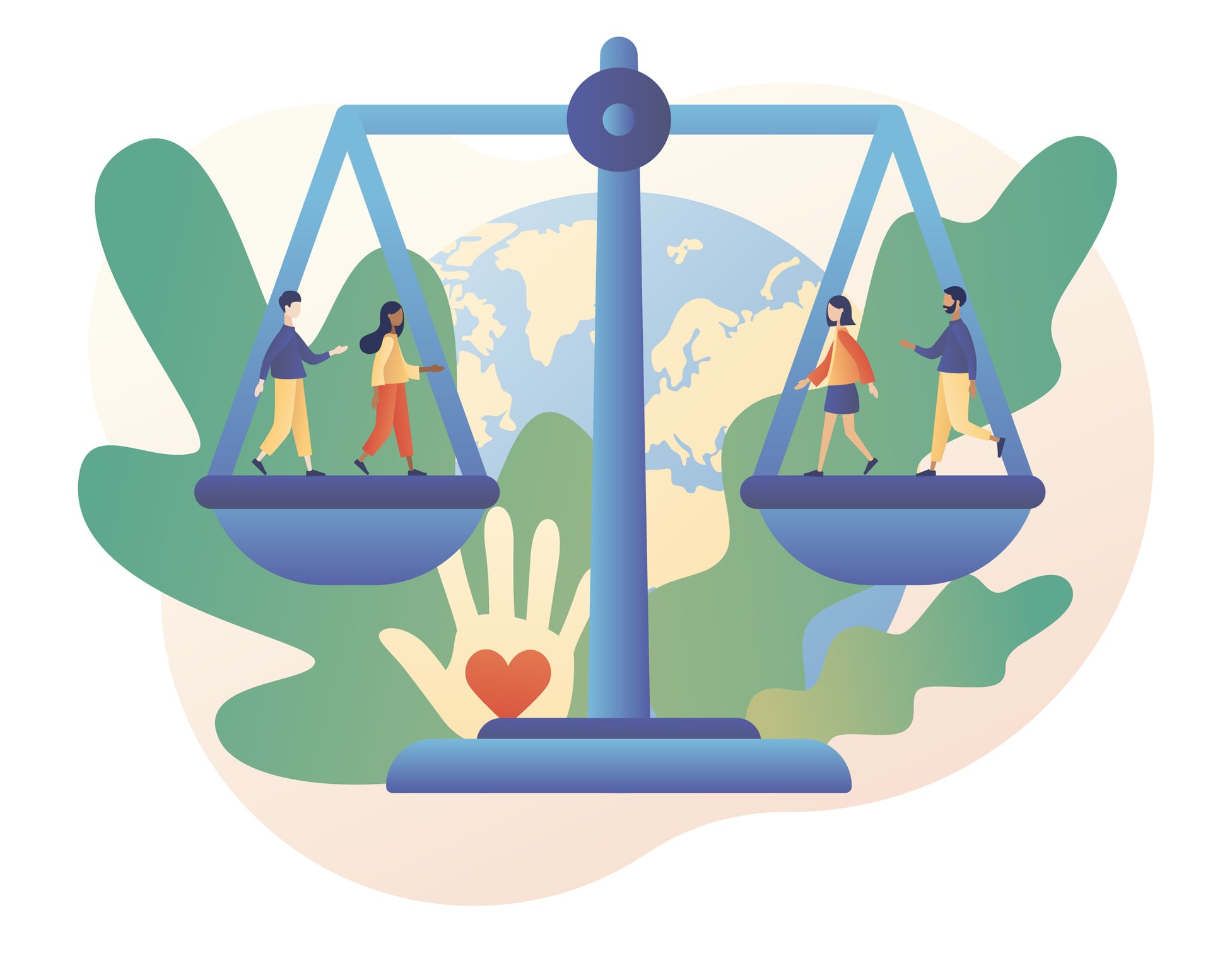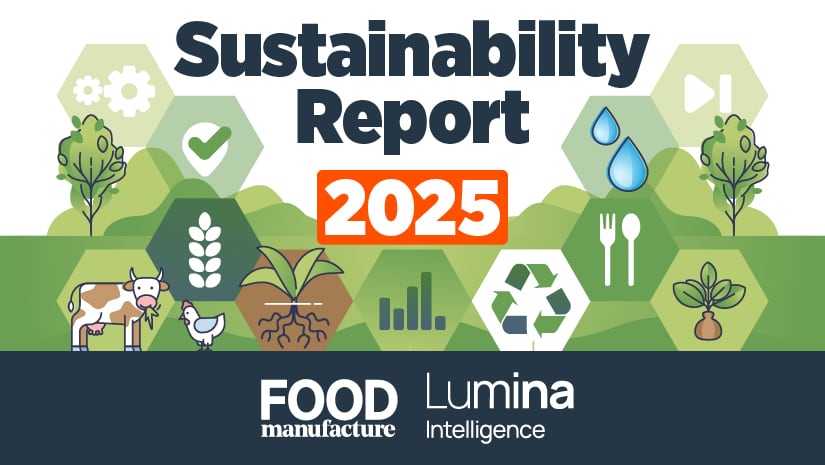Building on its influential 2019 report, the new EAT-Lancet Commission – made up of leading experts across several disciplines from more than 35 countries – says shifting global diets could prevent around 15 million premature deaths annually.
At the same time, it suggests concerted global efforts to transform food systems could cut yearly greenhouse gas emissions generated by the food system by more than half vs a ‘business as usual scenario’.
A fairer global food system
As part of this transformation, the findings emphasise the need for a fairer global food system.
Currently, fewer than 1% of the world’s population are in what the Commission calls the ‘safe and just space’ – where people’s rights and food needs are met within planetary boundaries.
In fact, according to the report, 32% of food systems workers earn below a living wage. Meanwhile, the wealthiest 30% of people drive more than 70% of food-related environmental impacts.
This is all against a backdrop of 1 billion people remaining undernourished, despite global calorie sufficiency.
The planetary boundaries were first set out in 2009 by a group of international scientists and define nine key Earth system processes that regulate life on our planet. The world has already passed six of these nine boundaries, with the Commission’s report identifying food systems as the largest contributor to five of these transgressions.
“Too many people who grow and process our food are underpaid and excluded from basic protections, while the environmental and health costs fall hardest on the most vulnerable,” stated Shakuntala Haraksingh Thilsted, commission co-chair and director for nutrition, health and food security at CGIAR.
“Our findings make it clear that transformation must go beyond producing enough calories. It must guarantee the right to food, fair work, and a healthy environment for all. Only when we share the benefits and burdens more equitably can we ensure that food systems are within planetary boundaries and create a safe and just space where all people can flourish.”
An eight-point plan
Based on the report’s findings, the Commission has drawn up eight solutions aimed at advancing health, environmental and justice goals. These include:
- Protecting and promoting traditional healthy diets
- Creating accessible and affordable food environments that increase demand for healthy diets
- Implementing sustainable production practices that store carbon, create habitat, and improve water quality and availability
- Halting agricultural conversion of intact ecosystems
- Reducing food loss and waste
- Securing decent working conditions across the food system
- Ensuring meaningful voice and representation for food systems workers
- Recognising and protecting marginalised groups
“The report sets out the clearest guidance yet for feeding a growing population without breaching the safe operating space on Earth set by the planetary boundaries,” commented Johan Rockström, commission co-chair and director of the Potsdam Institute for Climate Impact Research.
Builds on the Planetary Health Diet
The findings also reinforce the importance of the Planetary Health Diet - which sets out recommendations for healthy diets that ensure nutritional adequacy and support optimal health outcomes.
Across all regions, this latest analysis reveals a common shortfall: diets consistently lack sufficient fruits, vegetables, nuts, legumes, and whole grains. In many places, the analysis also suggests diets contain excess meat, dairy, animal fats, sugar, and excessively processed foods.
The Commission has emphasised a plant-rich diet going forward, with optional, moderate amounts of animal-source foods and limited added sugars, saturated fats and salt.
It contends that there is ‘good evidence’ that the adoption of diets in line with the Planetary Health Diet would also lower the environmental impacts of most current diets.
“The Commission’s findings reinforce that the Planetary Health Diet is good for both people and the planet. By increasing the production and consumption of whole grains, fruits, vegetables, nuts, and legumes, we can improve health outcomes everywhere while respecting cultural and regional traditions. But diets are just one part of the picture, and transformation requires action across the whole system,” commented Walter C. Willett, commission co-chair, professor of epidemiology and nutrition at Harvard T.H. Chan School of Public Health.
Returns of $5 trillion a year
Overall, the Commission says reshaping systems in this way could deliver returns of $5 trillion a year through better health, restored ecosystems, and climate resilience.
But achieving these goals requires urgent policy action, dietary consumption transformation, and a realignment of global financial incentives.
This will necessitate coalitions to be built with actors both inside and outside of the food system, identifying priority actions, developing national and regional roadmaps, unlocking finance, and putting collaborative plans into action.
“The eight solutions we set out provide a practical roadmap to unlock transformation at scale. We are at a global crossroads, and governments, businesses, civil society, and individuals all have a role to play in realigning food systems for the benefit of all people and the planet,” added Willett.





